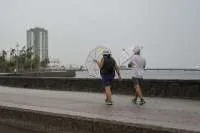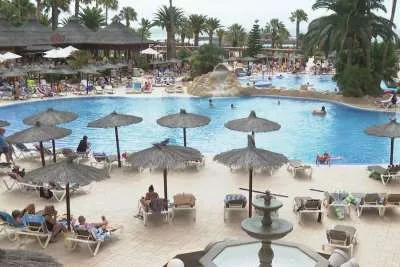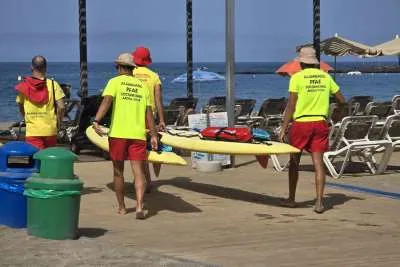Canary Islands Government presents draft law for holiday rentals to Advisory Council
- 25-11-2024
- National
- Canarian Weekly
- Photo Credit: CW
The Canary Islands Government has presented its draft law on holiday rentals to the Advisory Council, proposing a framework aimed at balancing residential needs with the holiday rental market. The draft incorporates feedback from municipalities, allowing them to allocate more land for holiday homes under specific conditions.
At a press conference earlier today, Monday, following a Government Council meeting, Jéssica de León, the Minister for Tourism and Employment, highlighted significant updates to the proposed law. The draft initially reserved 10% of municipal land for holiday rentals under the Sustainable Management of Tourist Use of Housing initiative.
However, this restriction has been relaxed. Municipalities meeting specific parameters can now exceed the 10% cap, provided they ensure that public services, such as water, healthcare, and environmental infrastructure, are not strained for residents.
Under the new guidelines, 90% of land will remain for residential use unless a municipality demonstrates through a "load capacity" study that it can sustain a higher percentage of tourist housing while maintaining quality of life for its residents.
Simplified Urban Planning Processes
The legislation also empowers the island councils (cabildos) to regulate tourist rentals and exempts related urban planning regulations from environmental procedures.
According to de León, this adjustment addresses concerns raised by local councils regarding the complexity and cost of compliance with current environmental requirements.
De León added that there is progress in discussions with the Canary Islands Federation of Municipalities (Fecam), indicating a closer alignment between the government and municipal bodies on the law’s provisions.
Enhanced Clarity and Flexibility
Further changes to the draft include:
- Differentiating between the property owner responsible for compliance declarations and the operator managing the holiday rental property.
- Extending the time frame for property owners to decide whether to continue offering their homes for tourism use, increasing it from two to five years.
- Additional urban planning considerations, reflecting local council feedback.
The revised draft will undergo a 15-day review by the Advisory Committee before being forwarded to the Canary Islands Parliament for legislative approval.
Red Lines and Non-Negotiable Provisions
De León emphasized that the government is firm on three core principles:
1. Tourism activity must be integrated into overall municipal planning alongside other accommodation subsectors.
2. Social housing cannot be repurposed as holiday rentals.
3. Residential land must not be transformed into tourism-focused complexes.
These measures aim to protect residential areas and ensure that tourism growth does not compromise community well-being.
Legislative Outlook
The minister expressed optimism about parliamentary discussions, encouraging political groups to enhance the bill further. She acknowledged private contributions from all parties and expressed a desire for constructive collaboration during the legislative process.
De León also addressed a surge in "responsible declarations" for tourist rentals since the draft's introduction, noting an increase of 10,000 applications. Despite this, only 48,000 of the 64,000 registered properties are currently in active use for tourism purposes.
To keep citizens informed, the government will launch a website on Tuesday with comprehensive details about the proposed law. This initiative confirms the government’s commitment to transparency as it seeks to balance tourism growth with sustainable community development.
As the legislative process advances, the Canary Islands aim to establish a regulatory framework that benefits both residents and the tourism sector, ensuring long-term harmony in the archipelago.


























































